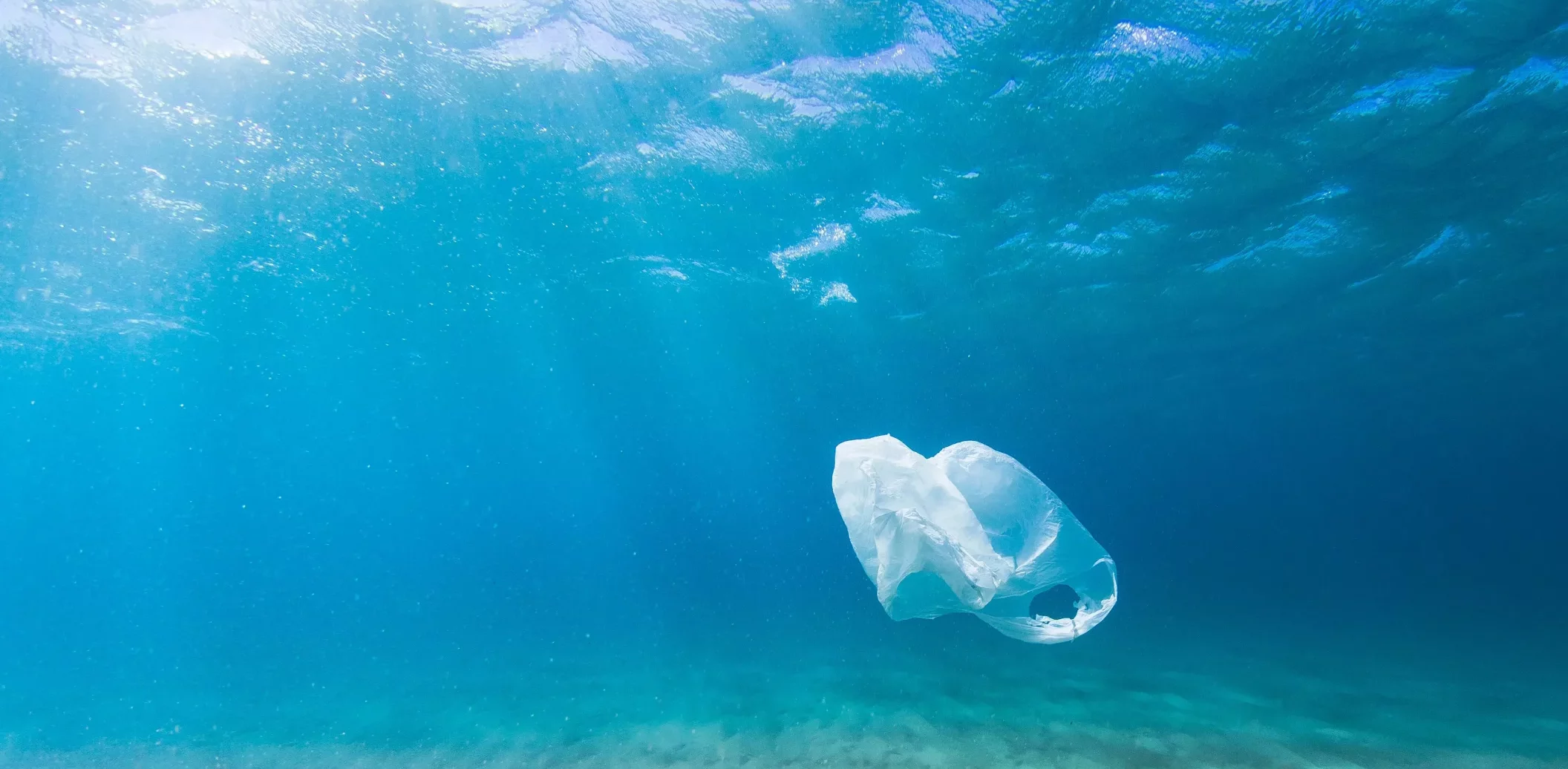Consultancy: Marine litter prevention through source-to-sea management
Marine and riverine litter represents a growing global issue. Waste leakage into waterways and the sea threatens the preservation of biodiversity and affects economic activities such as the fisheries and tourism sectors. Most of marine litter stems from land-based sources in coastal areas but also from inland areas, transported via rivers.
Low access to environmentally sound waste collection and treatment is a high priority challenge in terms of marine and riverine litter reduction. Unmanaged waste often ends up being dumped along roads, natural depressions, into drainage systems or canals and rivers. Direct littering at beaches and coasts manifests a lack of public awareness and environmentally sound behavior. Furthermore, waste generation continues to increase, driven by rapid urbanization, economic growth and changing consumption and production patterns. Plastics and microplastics represent a particular concern. Due to its slow degradation into ever-smaller pieces, they progressively accumulate in riverine, coastal and marine ecosystems and spread throughout the food chain.
Reducing marine and riverine litter requires governance approaches that involve several stakeholders, sectors and geographical entities. The ‘source-to-sea approach’ provides a useful conceptual framework to address this issue. The approach outlined by Granit et al. (2017) calls for strengthening cooperation within a ‘source-to-sea’ system, including rivers, lakes, aquifers, deltas, estuaries, coastlines and the open ocean. The conceptual approach suggests assessing the key flows of water, sediments, pollutants, biota, materials and ecosystem services. It involves identifying specific issues, defining the right scale of intervention, establishing a governance baseline in order to propose a situation-specific theory of change. The conceptual framework also refers to different management approaches such as sustainable forest management, sustainable land management, integrated water resources management, integrated coastal management and fisheries management. However, the elaborated concept does not include integrated solid waste management and does not provide a specific guidance for marine litter prevention.
In 2014, the Action Platform for Source-to-Sea Management (S2S Platform) was established at World Water Week, in Stockholm. It serves as a “multi-stakeholder initiative that helps freshwater, coastal and marine experts to contribute to global knowledge generation on source-to-sea interconnections, connect and engage in collaborative projects, promote best practices, and take collaborative action to improve the management of land, water, coastal and marine linkages”. Since its foundation, the S2S Platform has produced the mentioned conceptual framework on source-to-sea management, a related more detailed GEF guidance paper on the conceptual approach (Granit et al. 2017) as well as an analysis of the interlinkages between Sustainable Development Goals (SDG) 6 on water quality and SDG 14 on sustainable oceans (Berggren and Liss Lymer 2016).
This consultancy concerns producing a report (25-30 pages) on how to use the source-to-sea approach for marine litter prevention. The elaborated concept should facilitate further project development by members of the S2S Platform. The Consultant will have the responsibility to compile the different parts and finalize the full report, in close cooperation with SIWI and the UNDP-SIWI Water Governance Facility as outlined in the Terms of Reference.
Consultant deliverables:
- A written report of 25 to 30 pages (12500-17000 words) on the question how to use the source-to-sea approach for marine litter prevention. Parts of the report will be written by SIWI. See “Division of work” below for the report outline and respective contributions by the Consultant and SIWI.
- Selection of 3-4 case studies, the majority of which would be from low- and -middle-income countries, (min 400 words each) to be included in the report. SIWI can assist in facilitating the selection process.
- A power point presentation about the report, with 1 slide per chapter + 1 slide per case study presented at a S2S meeting/event arranged by SIWI.
- Draft key messages for practitioners and policy makers, respectively, based on the report.
Further information about the assignment is found in the Terms of Reference here (revised 2018-05-18).
Proposals by reviewer(s) interested in undertaking this Consultancy should be submitted via email to: watergovernance@siwi.org no later than 31 May 2018.
For more information, please contact Birgitta Liss Lymer, Director, Water Governance: birgitta.liss.lymer@siwi.org








